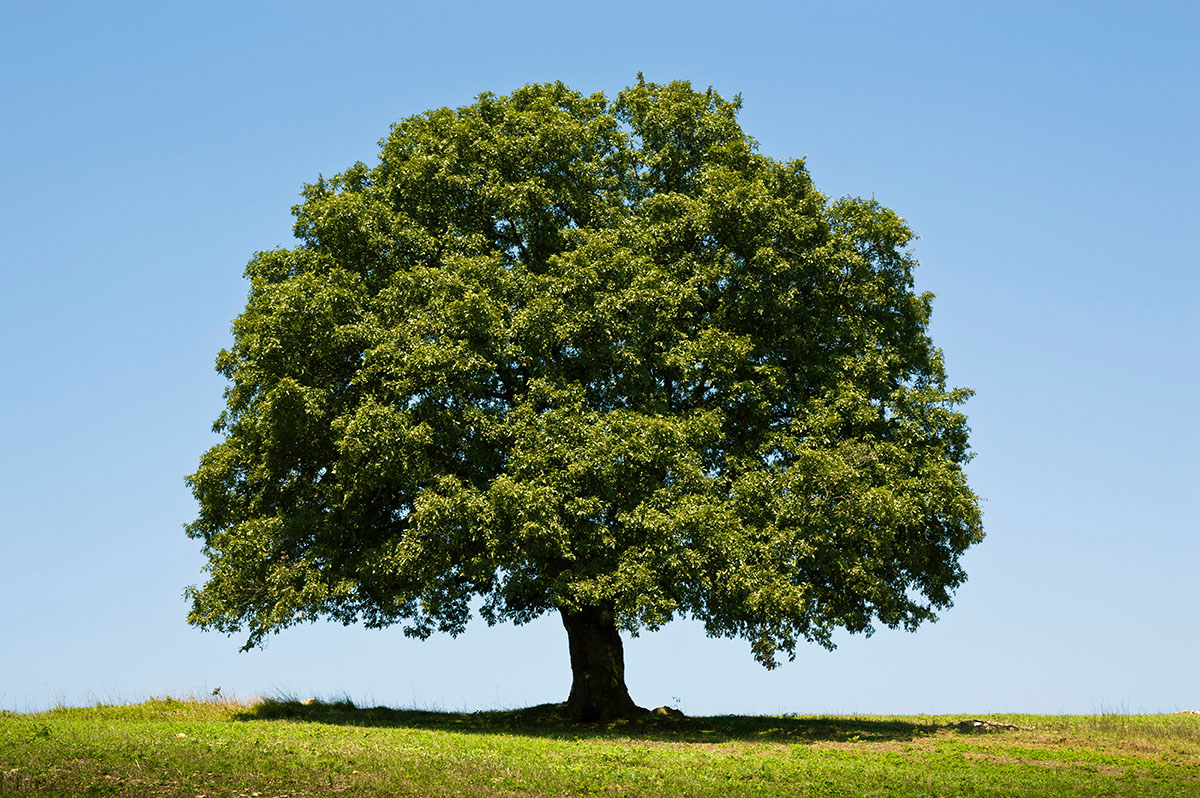

An adult plant is a plant that has reached maturity and is capable of reproducing. In most plants, this occurs after the plant has gone through a series of stages of growth, including germination, seedling, and juvenile stages.
The characteristics of an adult plant vary depending on the species of plant. However, some common characteristics of adult plants include:
The age at which a plant reaches maturity varies depending on the species of plant. Some plants, such as annuals, only live for one year and reach maturity in a single growing season. Other plants, such as perennials, can live for many years and reach maturity over several growing seasons.
Here are some of the key things to know about adult plant:
The adult plant was used to create a new variety of plant.

Noun:
Adjective:
The term "adult plant" is not commonly used in entomology, the scientific study of insects. Entomologists typically refer to adult insects as "imago". An imago is an insect that has reached its final stage of development and is capable of reproduction.
What is an adult plant?
Question:
What are the characteristics of an adult plant?
Answer:
The stem supports the leaves and flowers, and it transports water and nutrients from the roots to the leaves. The leaves are responsible for photosynthesis, which is the process by which plants convert sunlight into food.
Reproductive ability: Adult plants are able to reproduce. This means that they can produce seeds or spores that can grow into new plants.
Here are some additional characteristics of adult plants:
The characteristics of adult plants are important for their survival. These characteristics allow plants to reproduce, grow, and adapt to their environment.